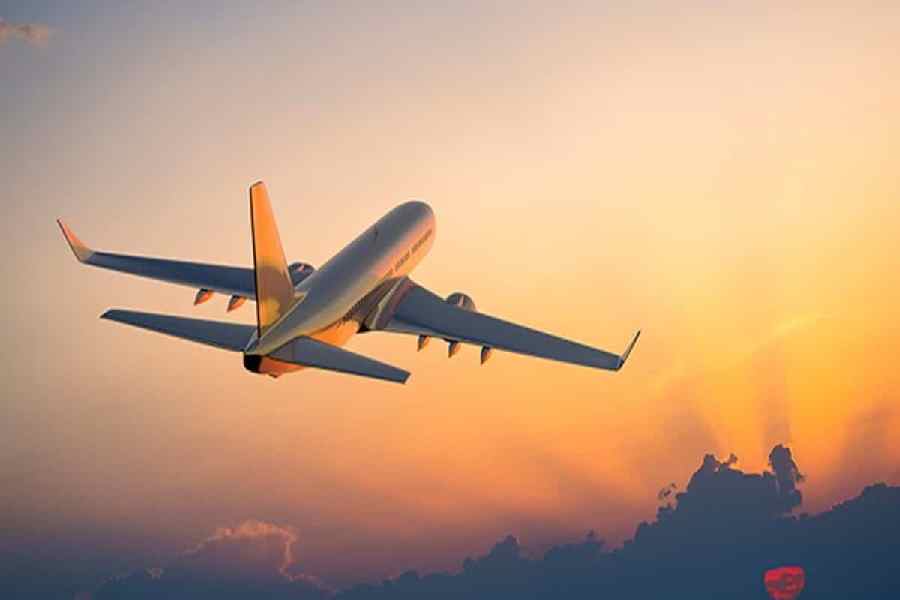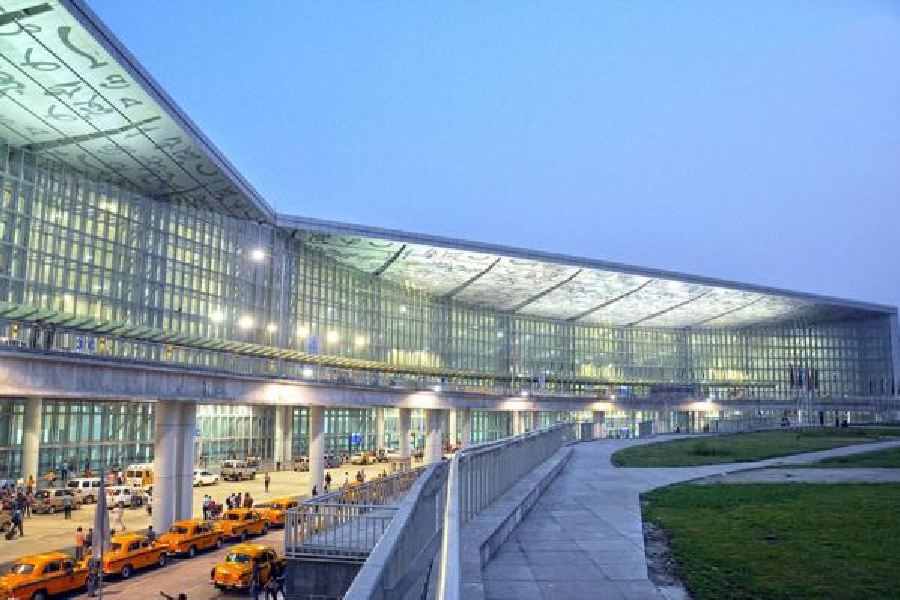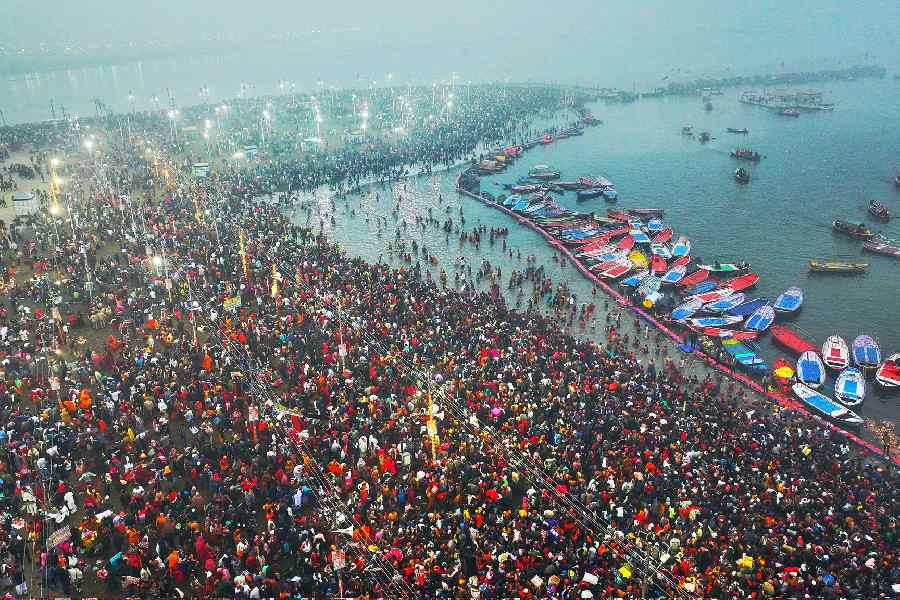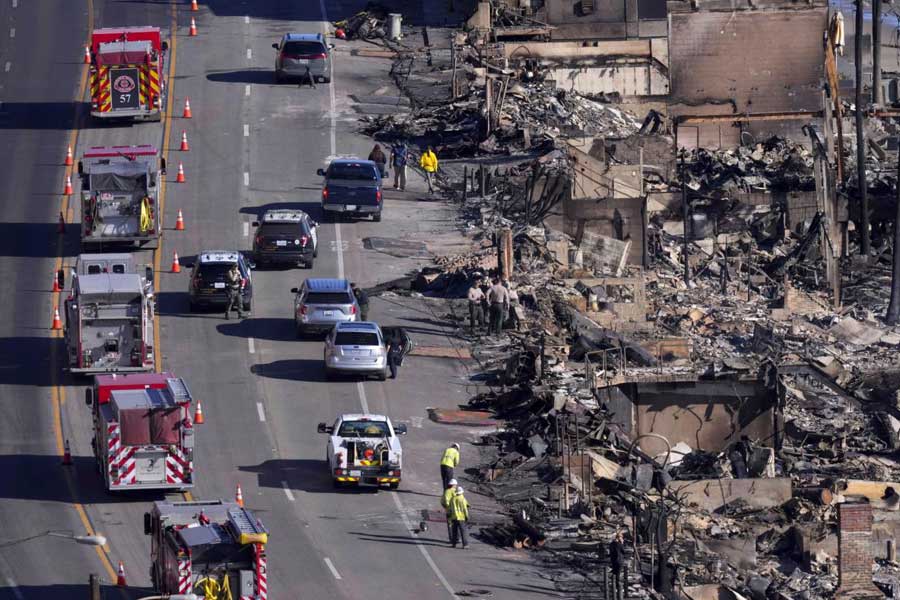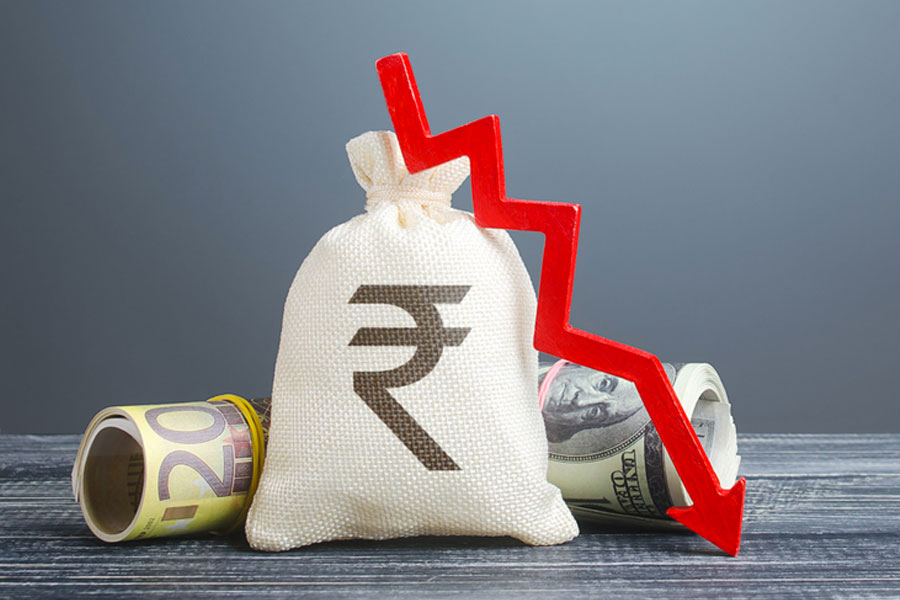A significant percentage of airline passengers said food and beverages that are sold at airports in the country are "excessively" priced, with the some passengers paying more than 200 per cent than at organized retail and railway stations, according to a survey.
According to online social platform LocalCirles, 60 per cent of airline passengers surveyed say they were charged 100-200 per cent more for food and beverages at airports as compared to railway stations.
The survey conducted recently, received over 28,000 responses from airline passengers located in 309 districts of India. Of these, 61 per cent respondents were men and 39 per cent women. Around 43 per cent respondents were from Tier-I cities in the country, 30 per cent from Tier-2 and remaining 27 per cent were from Tier-3, 4, 5 and rural districts.
Citing example of a samosa or patty that may cost more than Rs 200, or a thali above Rs 500, it said that the price of coffee or tea or a cold beverage may easily cost Rs 200-300, two to three times of what one would pay at a food outlet at the mall.
The pain of the passengers gets aggravated during times of delays due to fog or other reasons and they wait for many hours to board flights without any affordable food in sight, it said.
The scenario is unlike at the railway stations, particularly the big ones in Delhi and Mumbai where travelers have a choice between small food stalls /outlets, small vendors and big franchise outlets, it said.
Highly priced edibles being available at most airports is resulting in many passengers thinking twice before spending on food at airports and in some cases even carrying their own snacks or meals, though it is cumbersome with the security and weight restrictions along with the underlying risk of spillage.
With the government's ambition of making flying more affordable and 70 per cent of total traffic being on low-cost carriers, it is critical that lower cost food options are made available at airports. LocalCircles said, adding the price and volume equation needs to be re-worked such that food stalls run on higher volumes and lower prices instead of high prices and lower volumes.
Except for the headline, this story has not been edited by The Telegraph Online staff and has been published from a syndicated feed.

